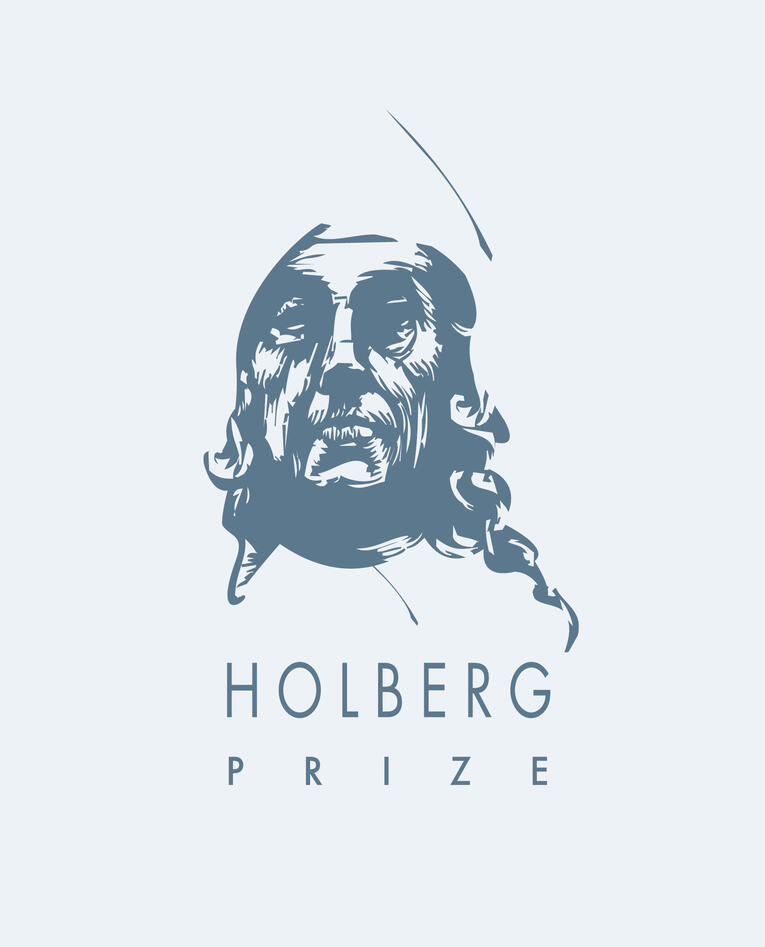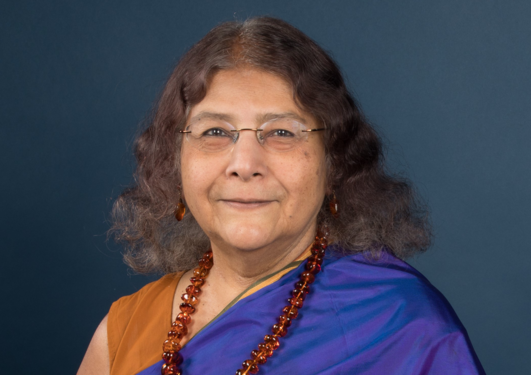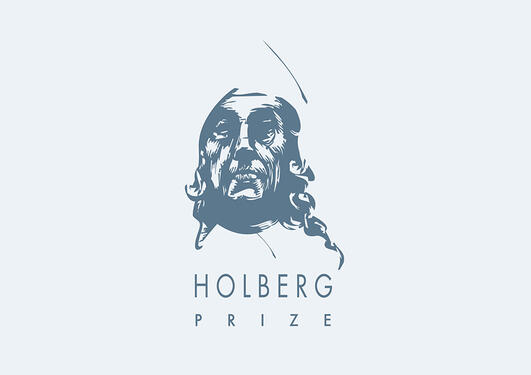The 2022 Holberg Masterclass: Technology and the Human Future
Technologies are not merely tools for achieving necessary ends but a vehicle through which humans articulate and implement visions of the future.

Main content
PhD candidates from the Nordic countries are invited to Bergen to participate in a masterclass with the Holberg Prize Laureate Sheila Jasanoff.
Technologies reflect and materialize collective visions of good and desirable futures in contemporary societies. As such, they are both sites and objects of politics. This class explores how technologies assume the shapes they do, how they further or inhibit particular directions of progress, and how they help crystalize ideas of agency, responsibility and blame. Technological systems emerge from this perspective as integral to the constitutional commitments that governs modernity.
Each participants will be asked to prepare a 5-minute presentation related to the topic and reading list chosen by the Holberg Prize Laureate. After the presentations there will be a free discussion moderated by the Laureate.
This event is a part of the Holberg Week, which this year takes place 7—10 June.
Participants
Sheila Jasanoff
Science and Technology Studies – Harvard University
Sheila Jasanoff is Pforzheimer Professor of Science and Technology Studies at the Harvard Kennedy School. A pioneer in the social sciences, she explores the role of science and technology in the law, politics, and policy of modern democracies. Jasanoff founded and directs the STS Program at Harvard University. Her books include The Fifth Branch (1990), Science at the Bar (1995), Designs on Nature (2005), The Ethics of Invention (2016), and Can Science Make Sense of Life? (2019). Sheila Jasanoff is awarded the 2022 Holberg Prize for her pioneering research in the field of Science and Technology Studies.
Rithma Kreie Engelbreth Larsen
History of Ideas – Aarhus University
Larsen’s PhD project investigates how climate and nature imaginaries have changed within and beyond the UN and how the local and global scales of climate knowledge have recently been re-negotiated as we see an increased inclusion of Indigenous knowledge holders.
Tanja Riekkinen
History – University of Oulu
Riekkinen’s ongoing PhD project investigates sociotechnical imaginaries and oil in Finland from the late 1940s to the early 1970s. She combines approaches from history, science and technology studies and energy humanities.
Emil Flatø
Science and technology Studies – University of Oslo
Flatø’s PhD project concerns how a future subject to human-induced change became the domain of climate modeling in postwar United States of America, entangling scientific epistemologies with inchoate practices of risk management.
Hrefna Gunnarsdottir
Law – University of Copenhagen
Gunnarsdottir’s research interests include health justice, human dignity, health data governance, scientific uncertainties and research response in health emergencies. In her PhD project, she explores transparent use of clinically collected health data from a patient rights perspective.
Hana Marčetić
Library and information Science – University of Borås
In her PhD project, Marčetić studies the emerging domain of Data Feminism and the intellectual work of feminist scholars. In particular, she is focusing on sociotechnical imaginaries to reconceptualize feminist studies of data and related phenomena.




